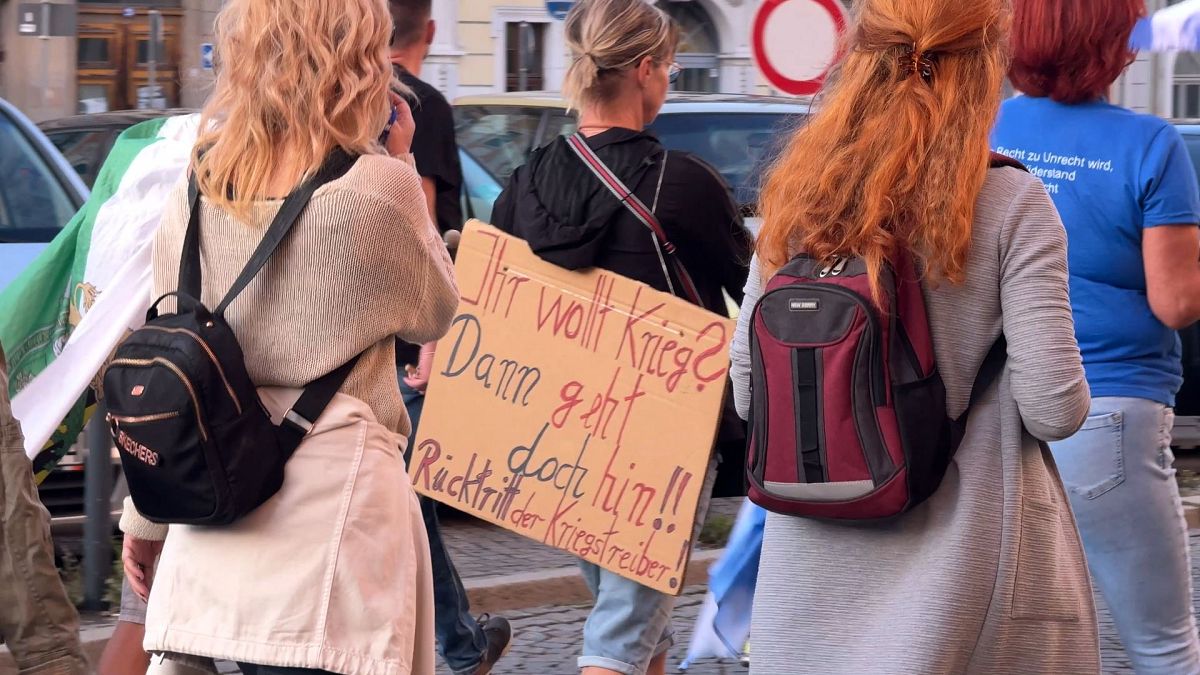The upcoming state elections in three eastern German states have taken a primary focus on discussions centered around the war in Ukraine. Far-left and far-right parties are demanding negotiations with Russia, halting weapons deliveries to Ukraine, and pushing for the watering down of climate policies. The political landscape in eastern Germany is shifting, with the Alternative for Germany (AfD) overtaking the Christian Democrats (CDU) in Saxony, a traditionally CDU stronghold. Additionally, the Sahra Wagenknecht Alliance (BSW), a new far-left party, has emerged, demanding similar policies as the AfD.
Although the local state governments cannot directly conduct foreign policies, the results of the upcoming elections could have an influence on the federal government’s overarching political stance. Political scientist Dr. Carsten Koschmieder suggests that other parties are closely monitoring the rise of the AfD and BSW and the sentiments surrounding the war in Ukraine in eastern Germany. The outcome of these state elections may impact the national political landscape, especially with federal elections looming in 2025.
The possibility of a coalition between BSW and AfD is being considered, although it remains uncertain whether they could secure a majority needed to join the government. However, even without being part of the government, the AfD can exert significant influence on political decisions. This influence could be leveraged during negotiations, where strong demands, such as halting weapons deliveries to Ukraine, may be made as conditions for forming a coalition.
The influence of the AfD is a point of contention, with some experts warning of potential threats to democracy if other parties adopt their positions or form coalitions with them. The future impact of the AfD largely depends on the response of other parties and whether they choose to align with their policies. On a state level, the AfD could pose challenges to democracy, education, and political engagement, particularly in regions like the East German coal-producing areas.
Both the BSW and AfD are skeptical of green energy policies, with potential implications for the broader European energy landscape. If the AfD performs well in the upcoming elections, they might seek to delay the coal phase-out, impacting not only Germany but also affecting energy strategies across Europe. The outcome of the state elections in east Germany could have reverberating effects on foreign policies, energy decisions, and democracy in the region.










